Sales Tax Exemptions – Tax-Exempt Customers
Hi everyone,
Welcome to this week’s tax tip! Today, we’re talking about a key topic that often causes confusion for businesses of all sizes — sales tax exemptions, specifically as they relate to tax-exempt customers.
We covered this in another helpful video, Sales Tax Exemptions Explained, and in this post, we’ll expand on that information and give you a more detailed look at how exemptions work, with a focus on practical steps for compliance.
What Is a Sales Tax Exemption?
A sales tax exemption allows certain customers to make purchases without paying sales tax, provided they meet the qualifications set by the state or local taxing authority. These exemptions vary by jurisdiction, so it’s essential to understand the rules where your business operates.
Sales tax exemptions fall into two main categories:
- Exempt Entities – Based on who is buying the product or service.
- Exempt Uses or Items – Based on how or why the item is being used.
Today, we’re focusing on exempt entities — especially governmental agencies, educational institutions, charitable organizations, and religious institutions.
Common Types of Tax-Exempt Entities
Many people equate sales tax exemptions with nonprofit organizations, but there are a variety of exempt entities, including:
- Federal and state government agencies
- Public schools and universities
- 501(c)(3) nonprofit organizations
- Churches and other religious institutions
- Charitable foundations
Each of these groups may qualify for exemption depending on your state’s laws, but qualification doesn’t automatically mean exemption — documentation is key.
Documentation Requirements Matter
No matter the jurisdiction, one rule holds true: you must obtain and retain proper documentation when making a tax-exempt sale. Failing to do so can result in serious consequences during an audit — even if the customer was legitimately exempt.
Most states require vendors to collect an exemption certificate from the buyer to substantiate a tax-free transaction. This certificate typically includes the purchaser’s name, exemption number, and description of the exempt purchase.
Example: Texas
Let’s take a closer look at Texas, where rules around exempt organizations are very specific.
- Under Texas Tax Code 151.310, religious, educational, and charitable organizations must apply to the Texas Comptroller of Public Accounts to receive a tax-exempt designation.
- Once approved, they must provide a properly completed Texas Sales and Use Tax Exemption Certificate when making tax-free purchases.
🔗 Download the Texas Exemption Certificate
It’s important to remember that having 501(c)(3) status from the IRS does not automatically grant sales tax exemption in Texas or any other state. State-level designation is required.
What About Governmental Entities?
In Texas, governmental entities, such as city or county governments, are exempt under Tax Code 151.309 and do not need to apply for exempt status. They are also not required to issue exemption certificates. Instead, a purchase order, contract, or invoice showing the purchase is for a government purpose is usually sufficient proof.
Again, this is specific to Texas, and requirements may differ in other states.
Best Practices for Businesses
If you’re a seller, here are a few tips to stay compliant when dealing with tax-exempt customers:
- Always request exemption certificates before completing a tax-free sale — don’t assume exemption based on status or appearance.
- Keep certificates on file for the duration required by your state (often 4–6 years).
- Check for expiration dates or renewal requirements, especially for blanket certificates.
- Verify exempt numbers when possible. Some states provide tools or databases for validation.
Document every transaction with invoices clearly identifying the buyer and nature of the purchase.
Final Thoughts
Sales tax exemptions can be a great benefit to qualified organizations, but the burden of proof lies with the seller. Make sure you understand and follow your jurisdiction’s rules, gather proper documentation, and maintain clear records.
Mistakes in this area can lead to unexpected tax assessments, penalties, and interest — even when the customer was legitimately exempt.
Need More Help?
If you’re unsure about how exemptions work in your state or industry, there are a variety of resources to help you navigate the rules. You can also reach out to us directly with questions.
That’s your weekly tax tip — thanks for reading!
DISCLAIMER: This content reflects general tax guidance and is not a substitute for legal or tax advice tailored to your specific business or situation. Tax laws and regulations change frequently. Always consult the rules in the jurisdictions where you operate.
More Tips in The Sales Tax Sisters Academy
Our mission to provide a resource so business owners, accountants and bookkeepers can understand sales & use tax compliance. We know that sales and use tax laws are not the easiest to understand. Our focus is on empowering you with a framework and general understanding, so you know what questions to ask and where to go to get the information you need to stay on the right side of sales and use tax compliance.
Key Takeaways:
- When making sales to tax exempt customers, proof must be obtained that the customer is exempt from sales and use tax.
- Substantiation requirements vary from jurisdiction to jurisdiction, but in Texas, a properly completed Texas sales and use tax exemption certificate is required in most cases.
- In Texas, a exemption certificate is not required if the purchaser is a 151.309 exempt entity, which is a governmental entity. A purchase order, invoice or contract is sufficient.
- All fields of the form must be completed and the certificate must be signed and dated.
Every jurisdiction has sales and use tax exemptions available to certain taxpayers. Common examples of tax exempt customers. include governmental agencies, educational, religious, and charitable organizations. When making sales to exempt organizations, it is important that you obtain all appropriate documentation required to substantiate the tax-free nature of the sale. I talk about it more in the video.

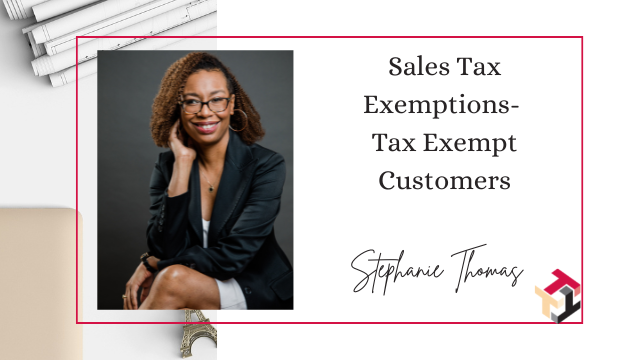
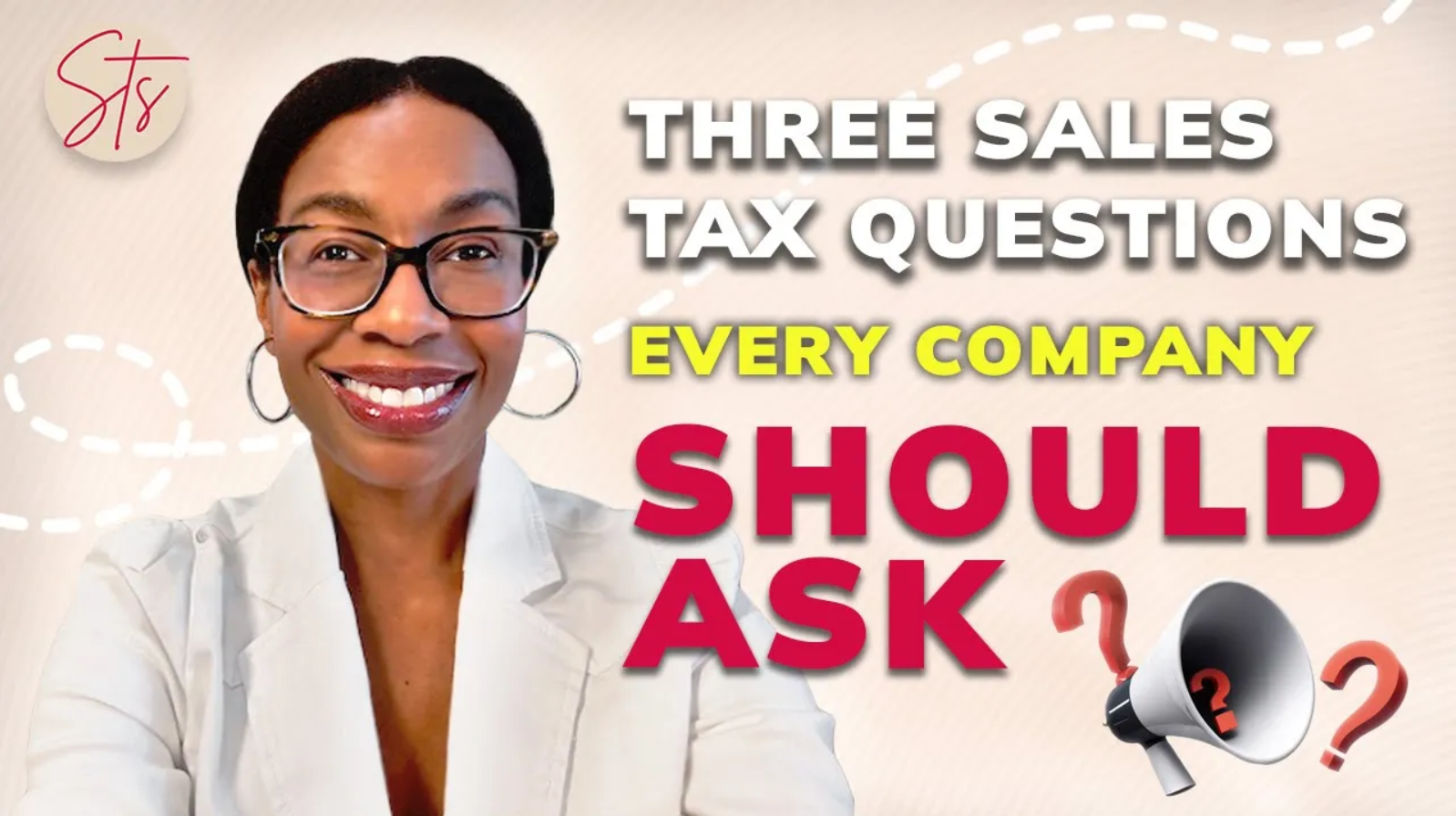
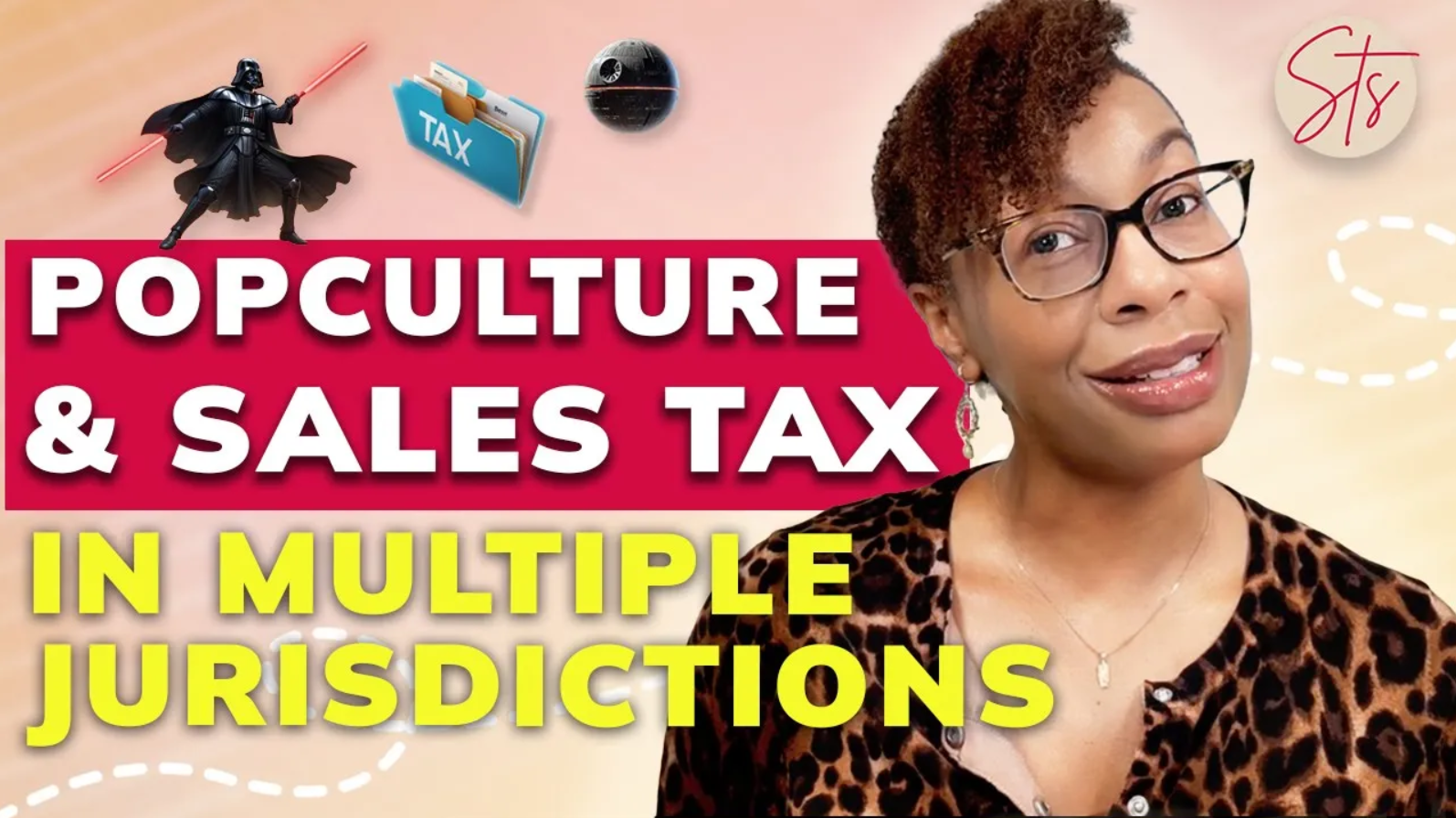
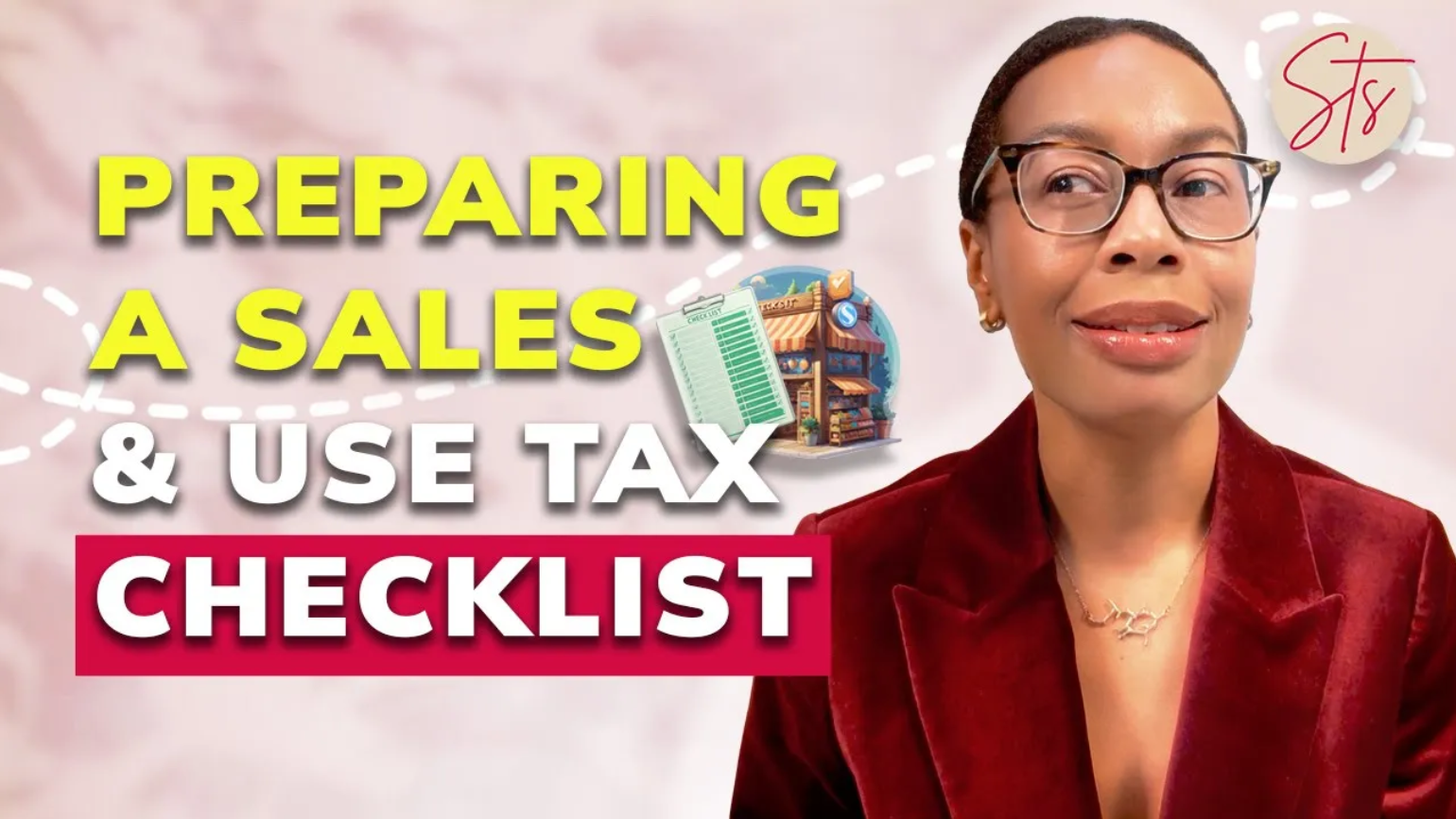
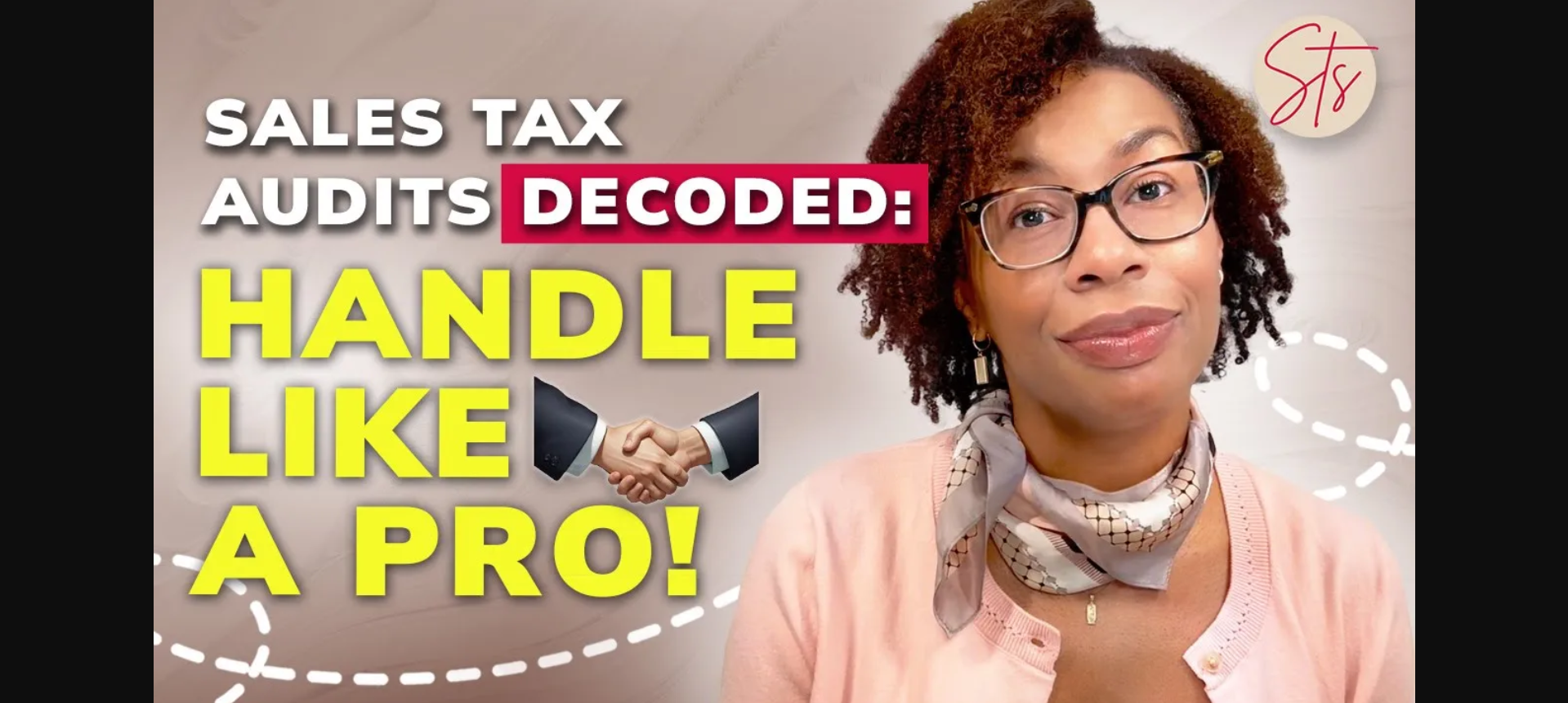
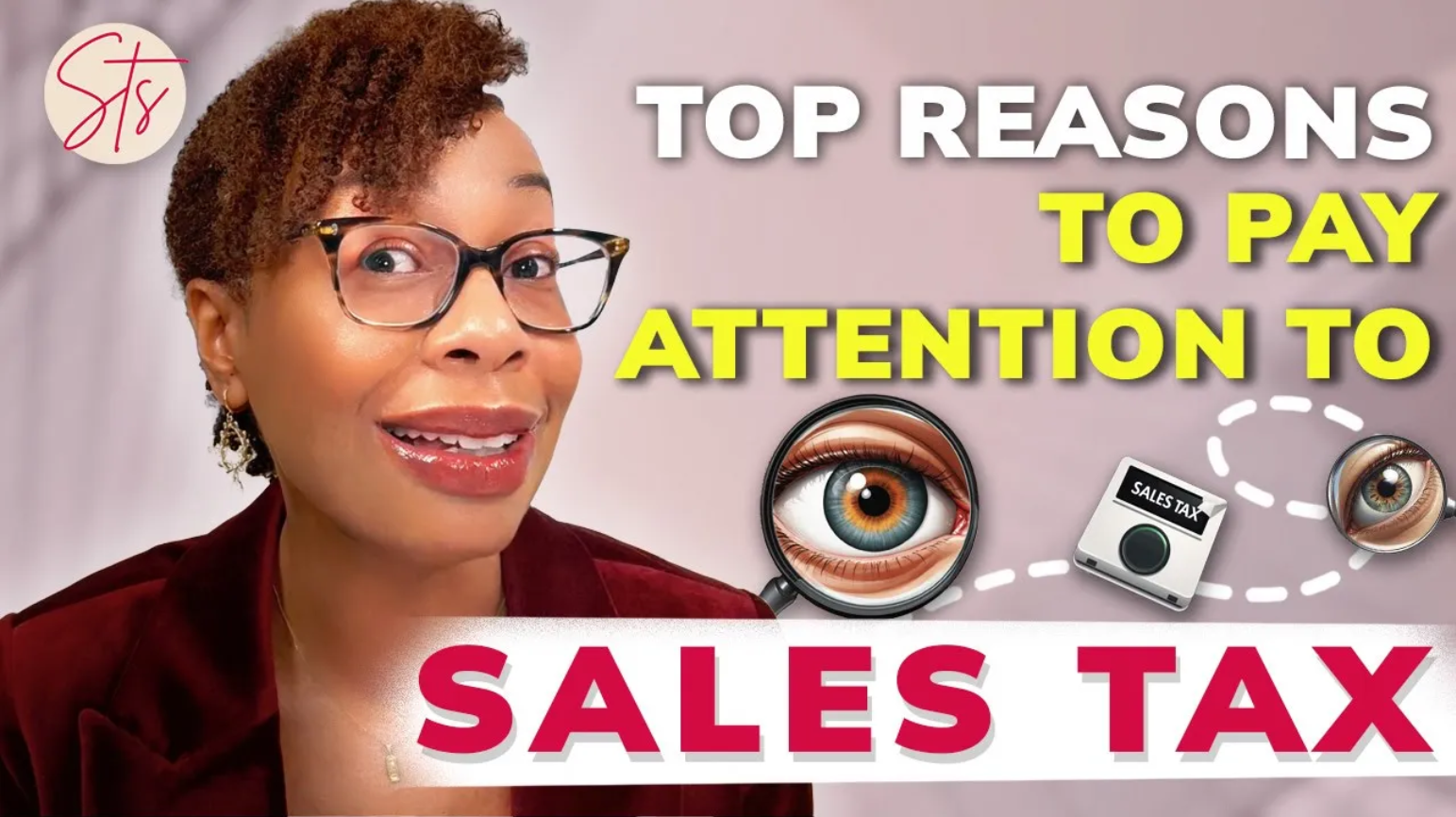
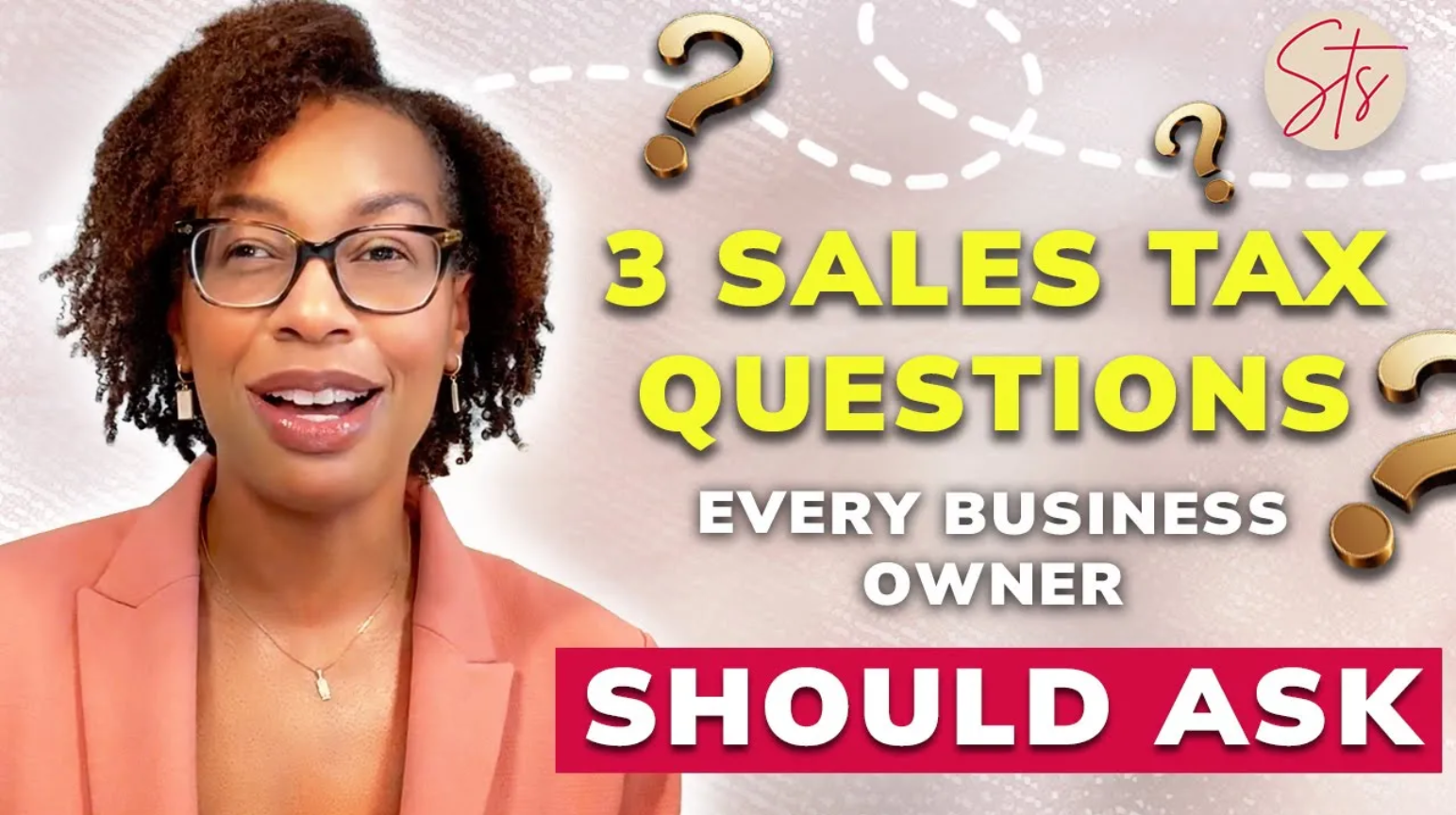
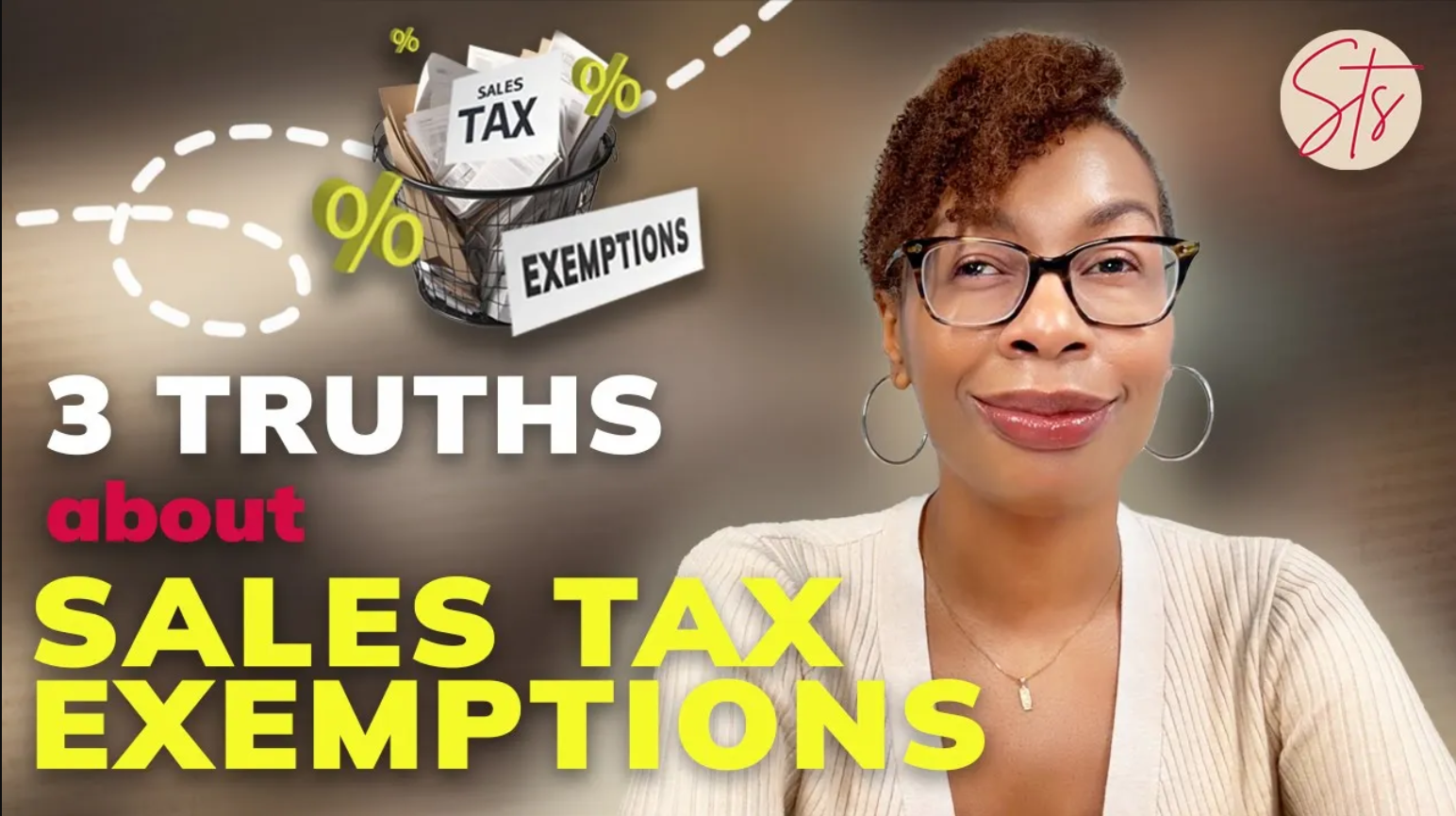
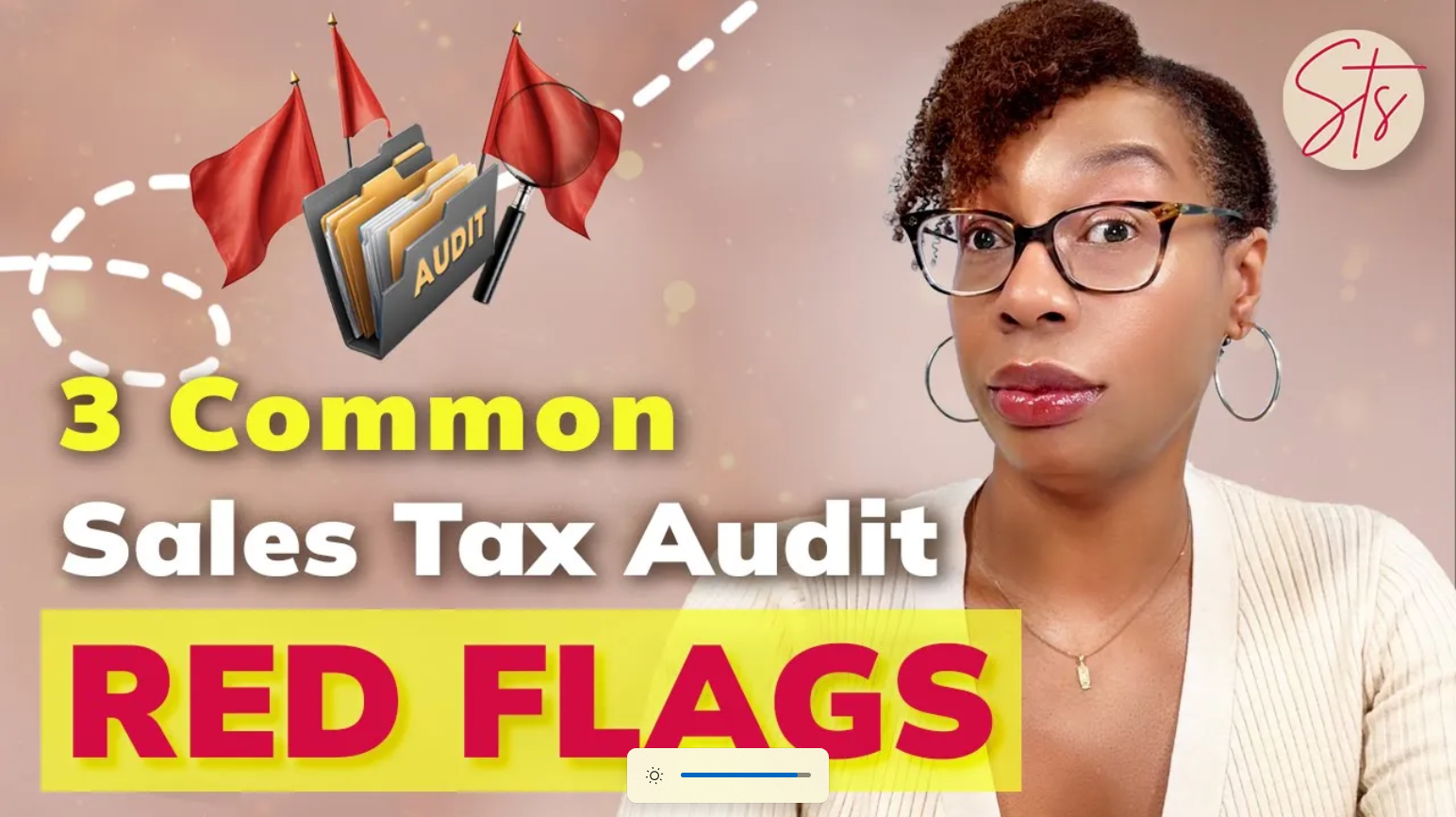
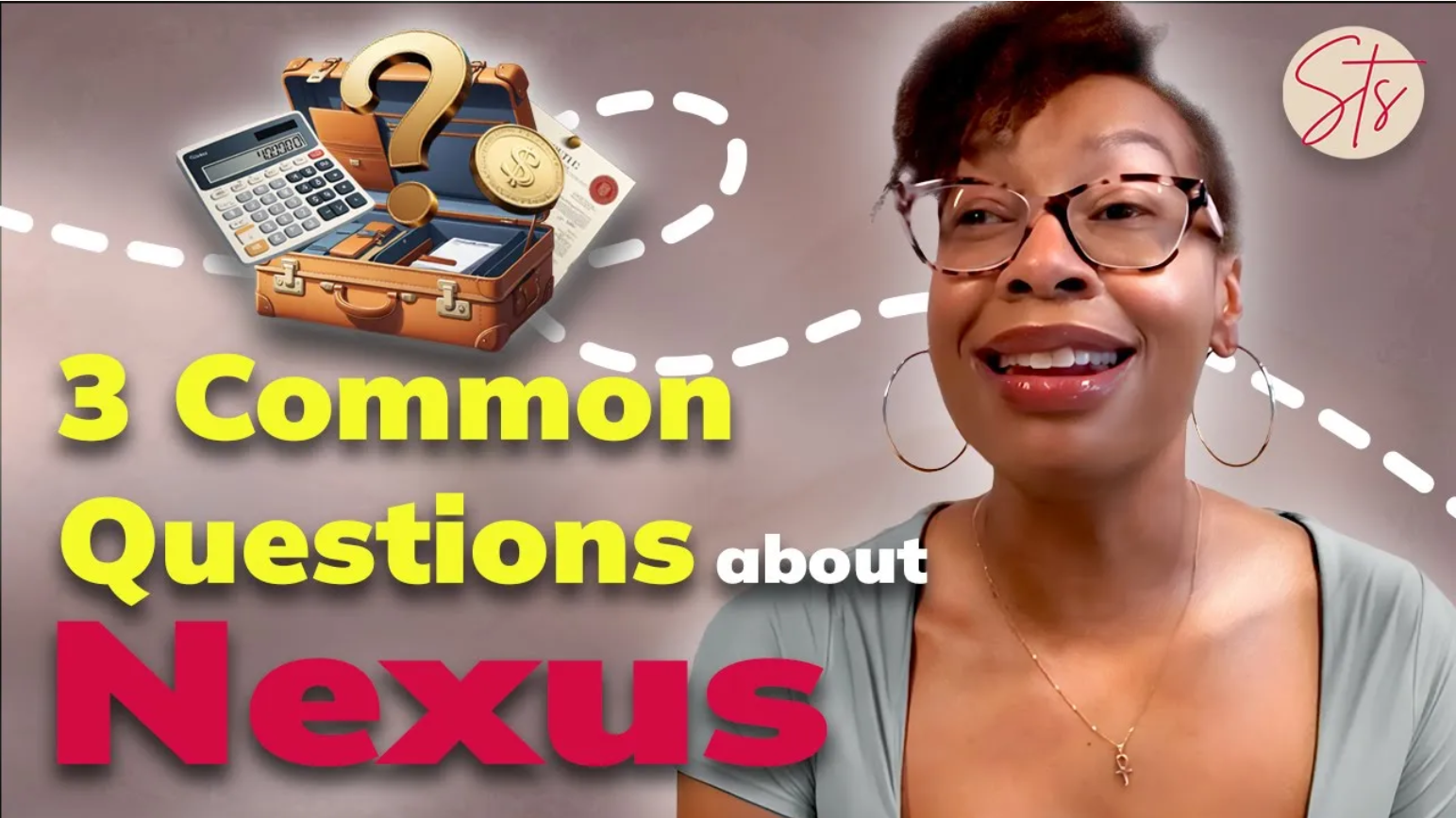
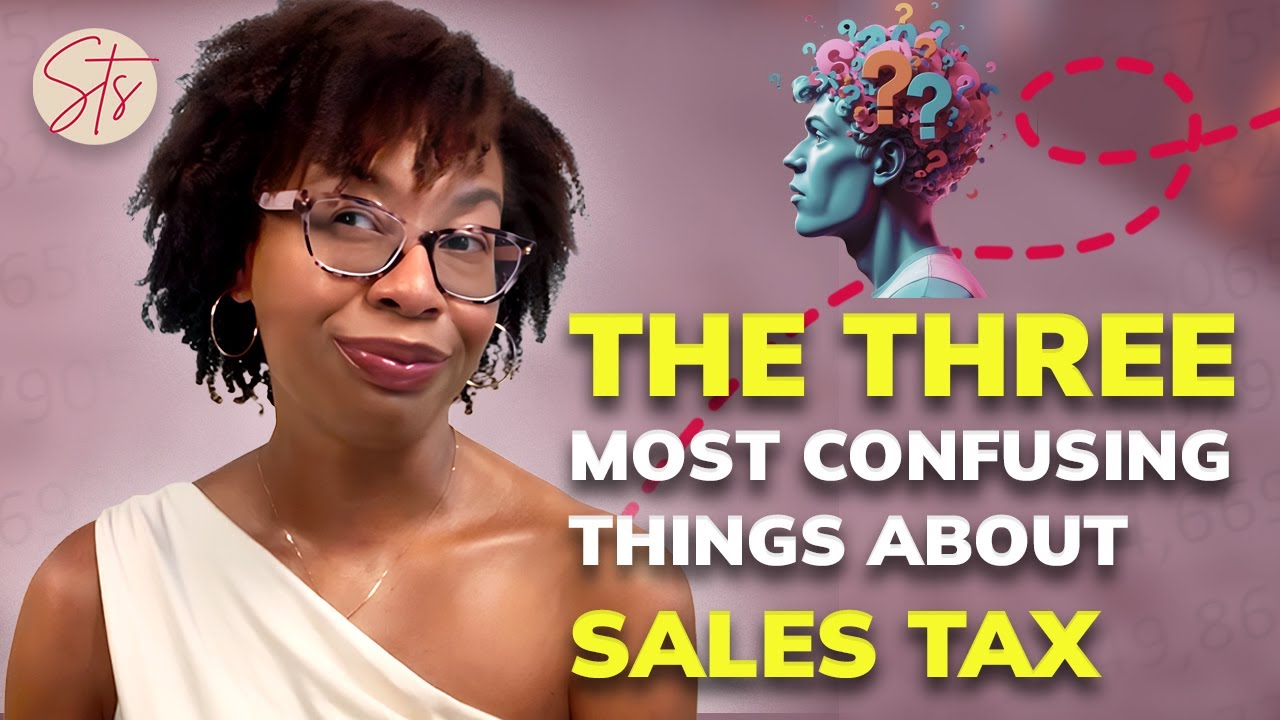
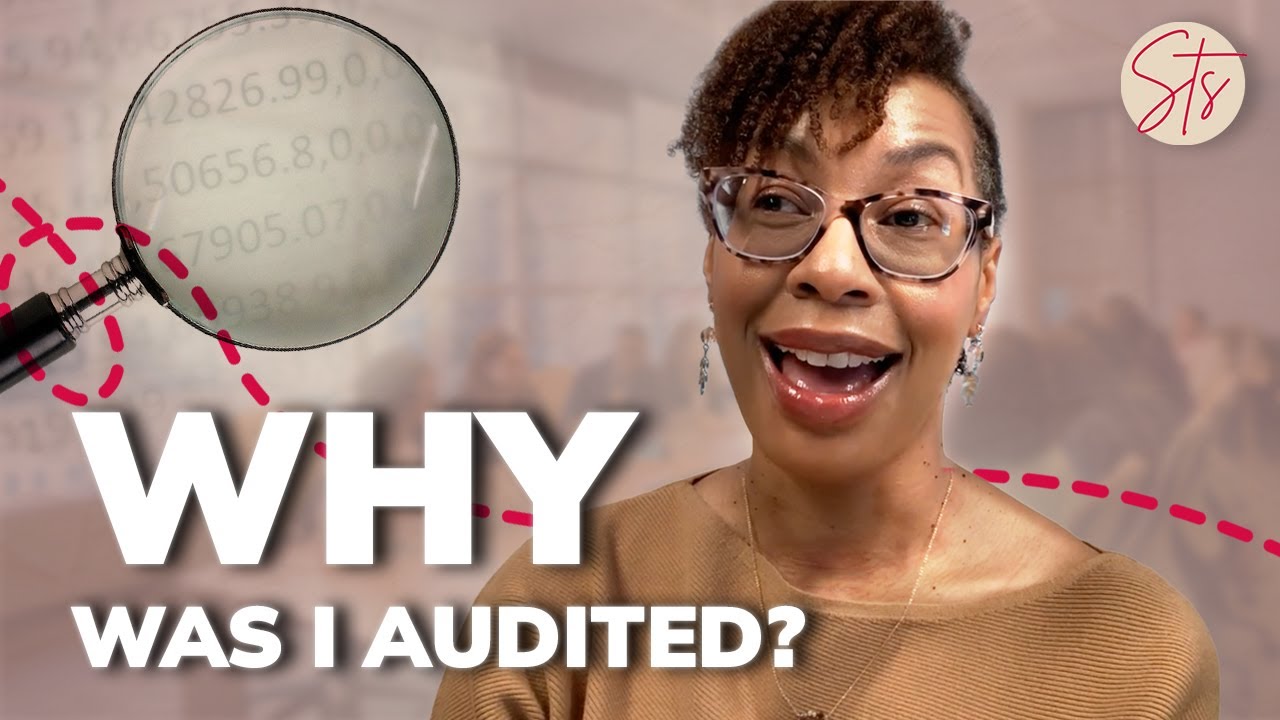


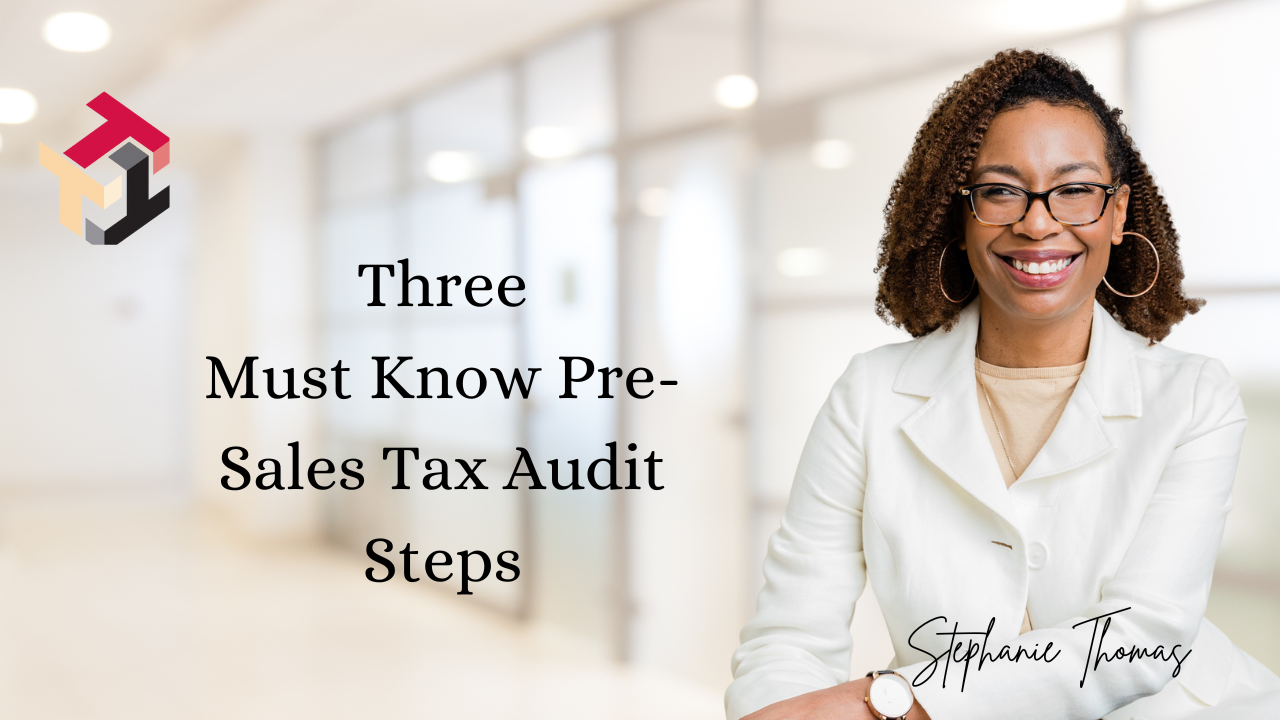

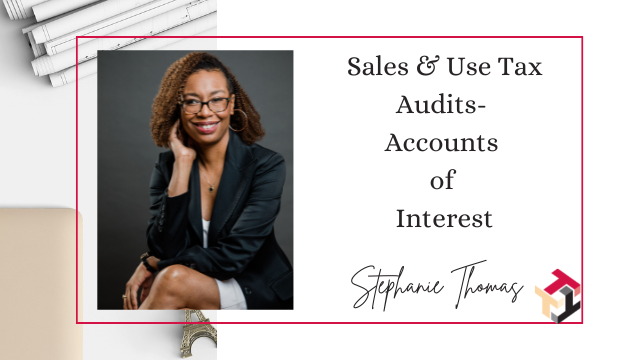

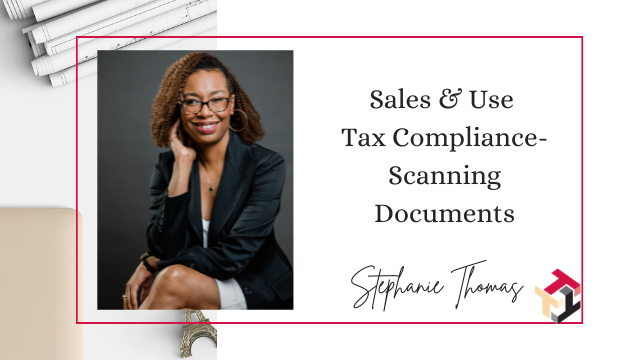




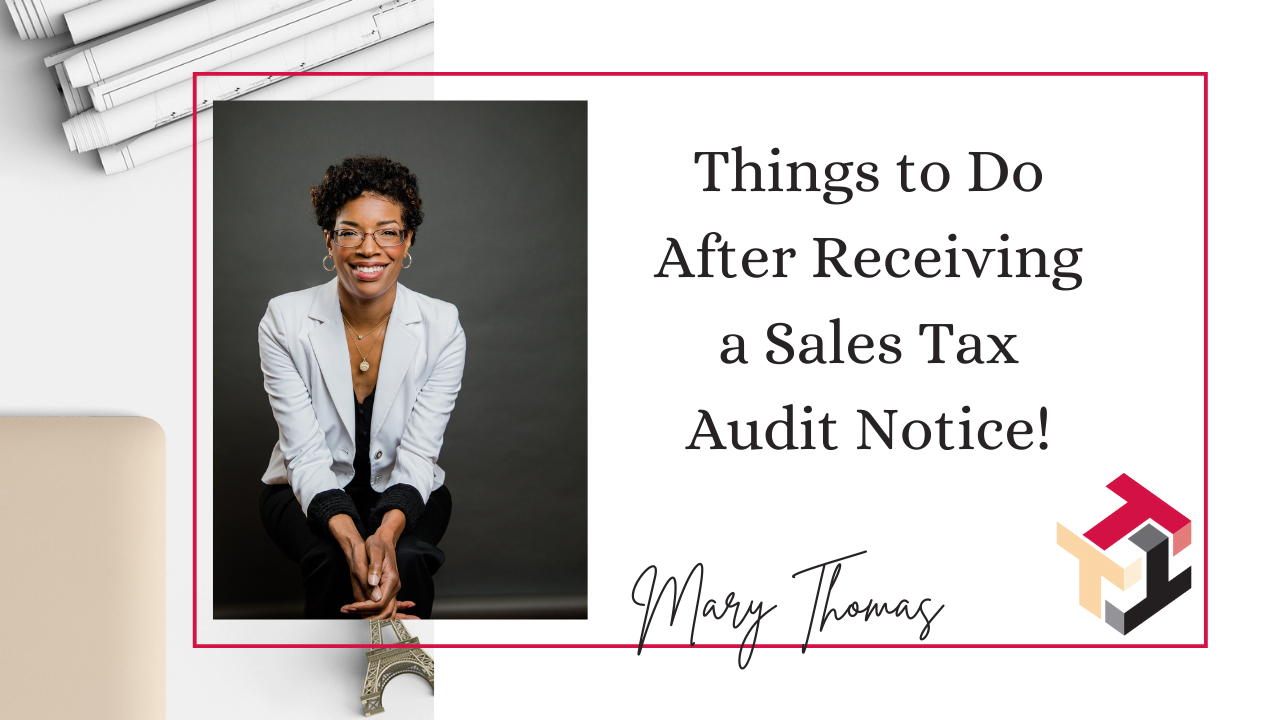
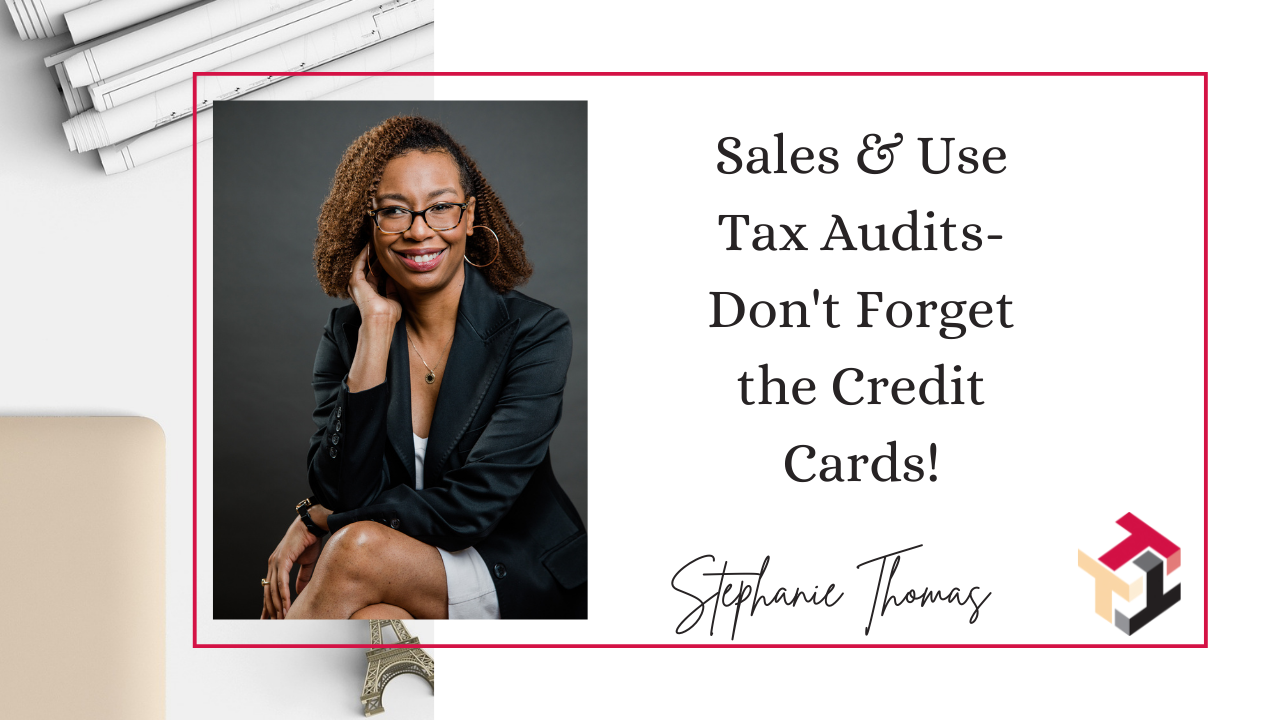
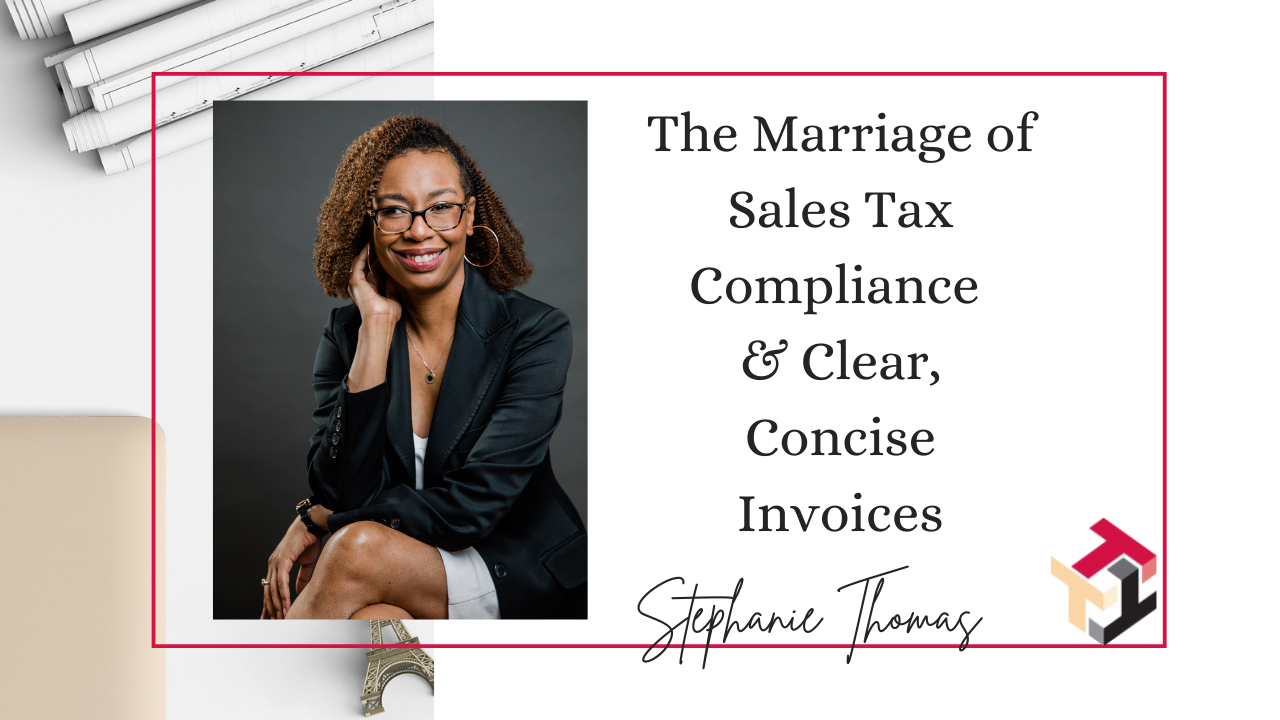
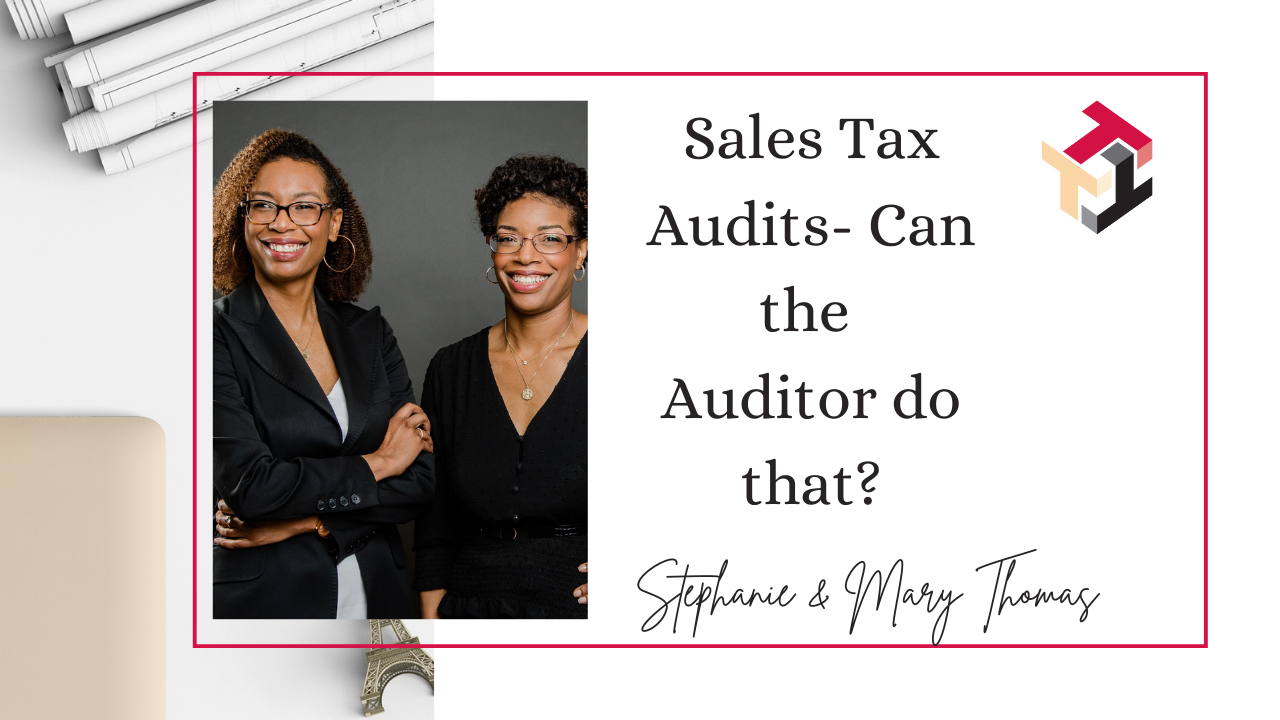


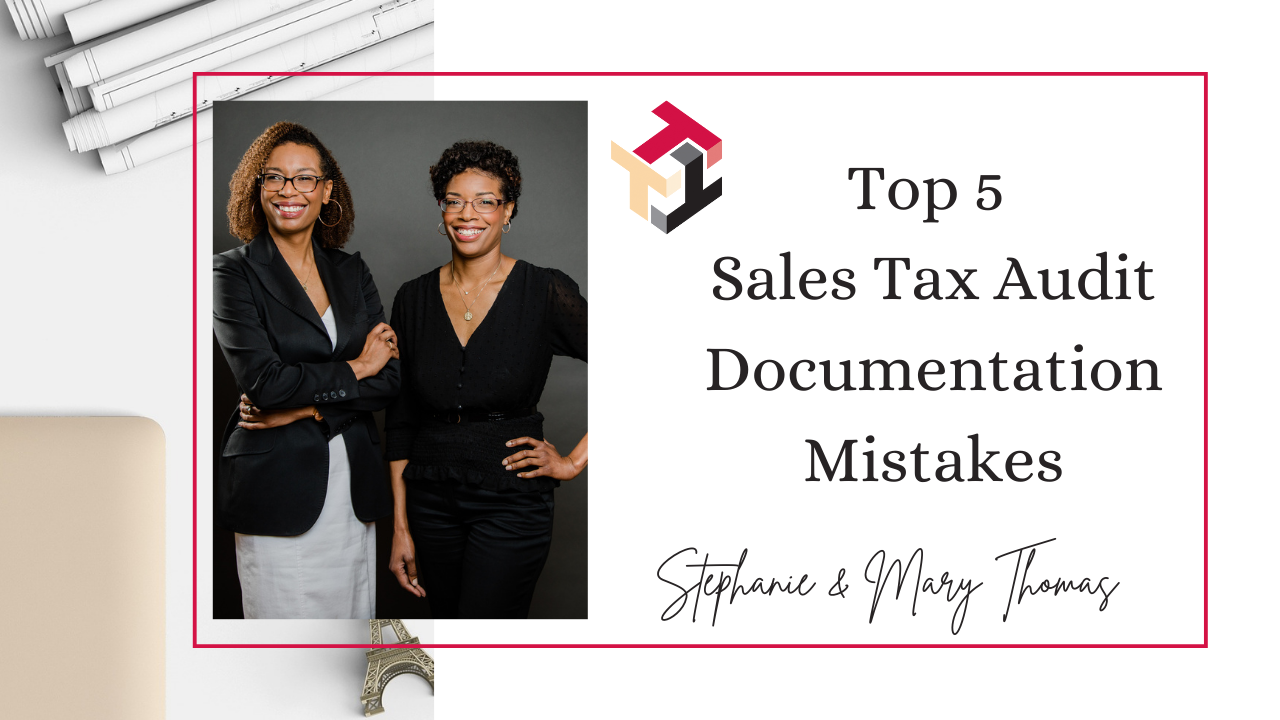
0 Comments